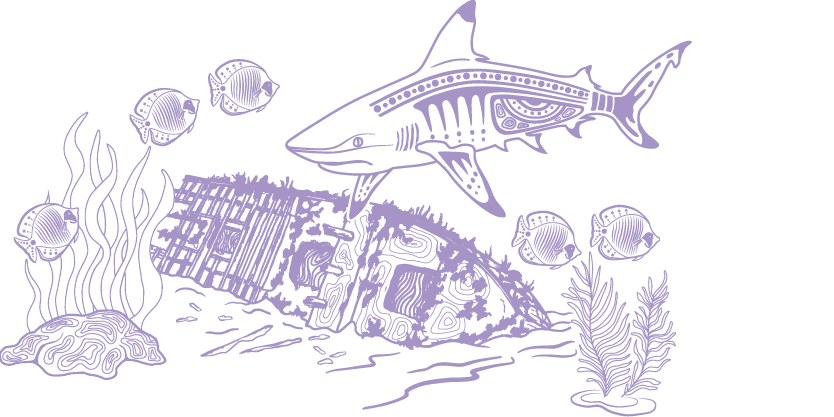Ecological and biological processes contribute to the Reef’s outstanding universal value. The assessment of this criterion considers whether processes maintain the structure and function across the whole of the property in the face of external pressures.
At a Region-wide scale, ecological and biological processes continue to operate. Reefs, islands, cays and the mainland remain connected by functioning ocean current systems and weather patterns (Section 3.2.1). However, the greatest threats to the Reef’s processes continue to be the effects of climate change on ocean pH (good condition but deteriorating), sea temperature (very poor and deteriorating) and sea-level rise (good but deteriorating) (Chapter 3).
Other oceanographic processes, such as upwellings of cold water, may amplify ocean acidification and have additional or consequential effects on coral resilience to other stressors.532,1095 Warming oceans may have reduced the reproductive capability of some adult fish and warming of beaches negatively affects recruitment in marine turtles (Section 2.4.10). Declining breeding populations of some seabird species (Section 2.4.12) may also be attributed to inadequate food supplies due to warming sea surface temperatures.


